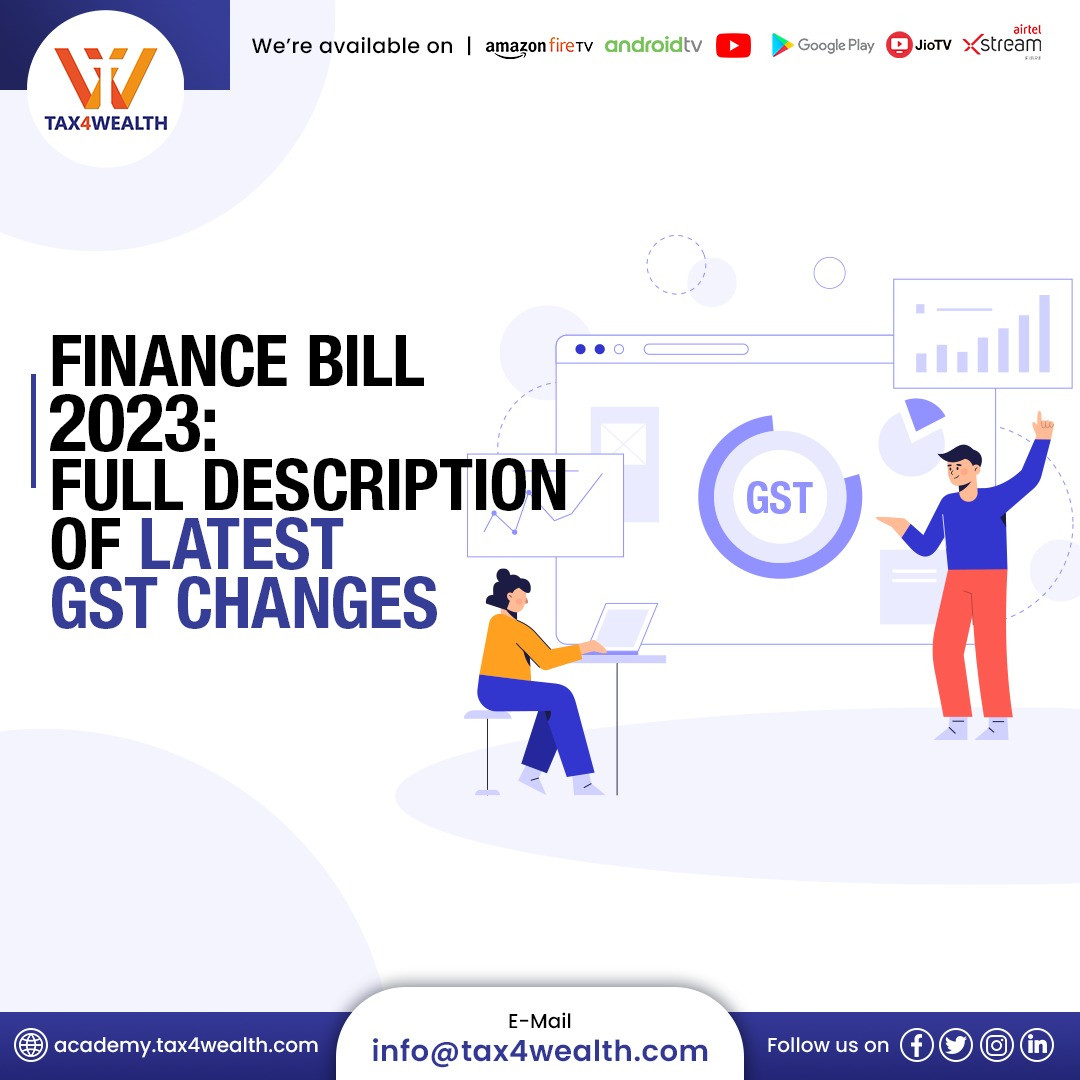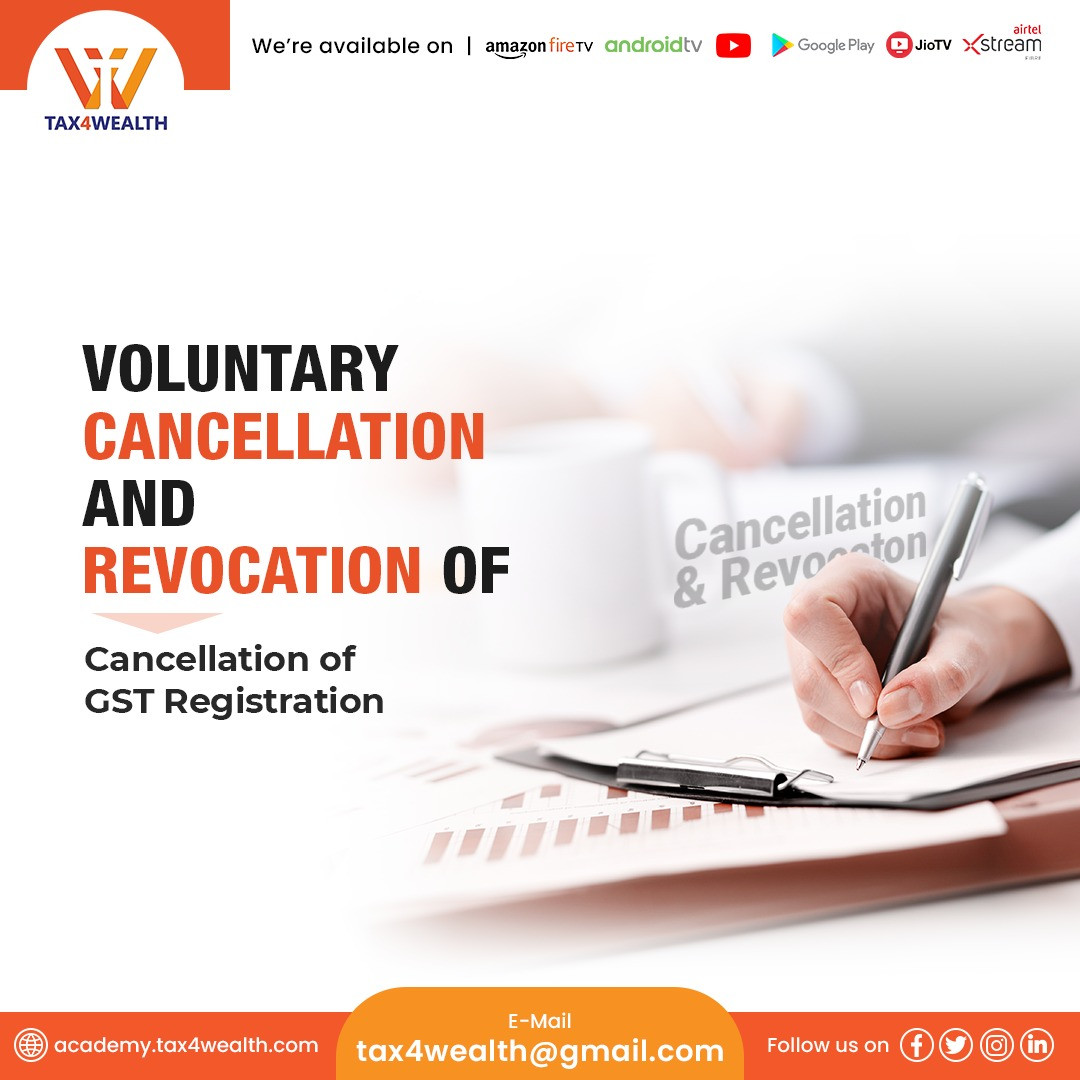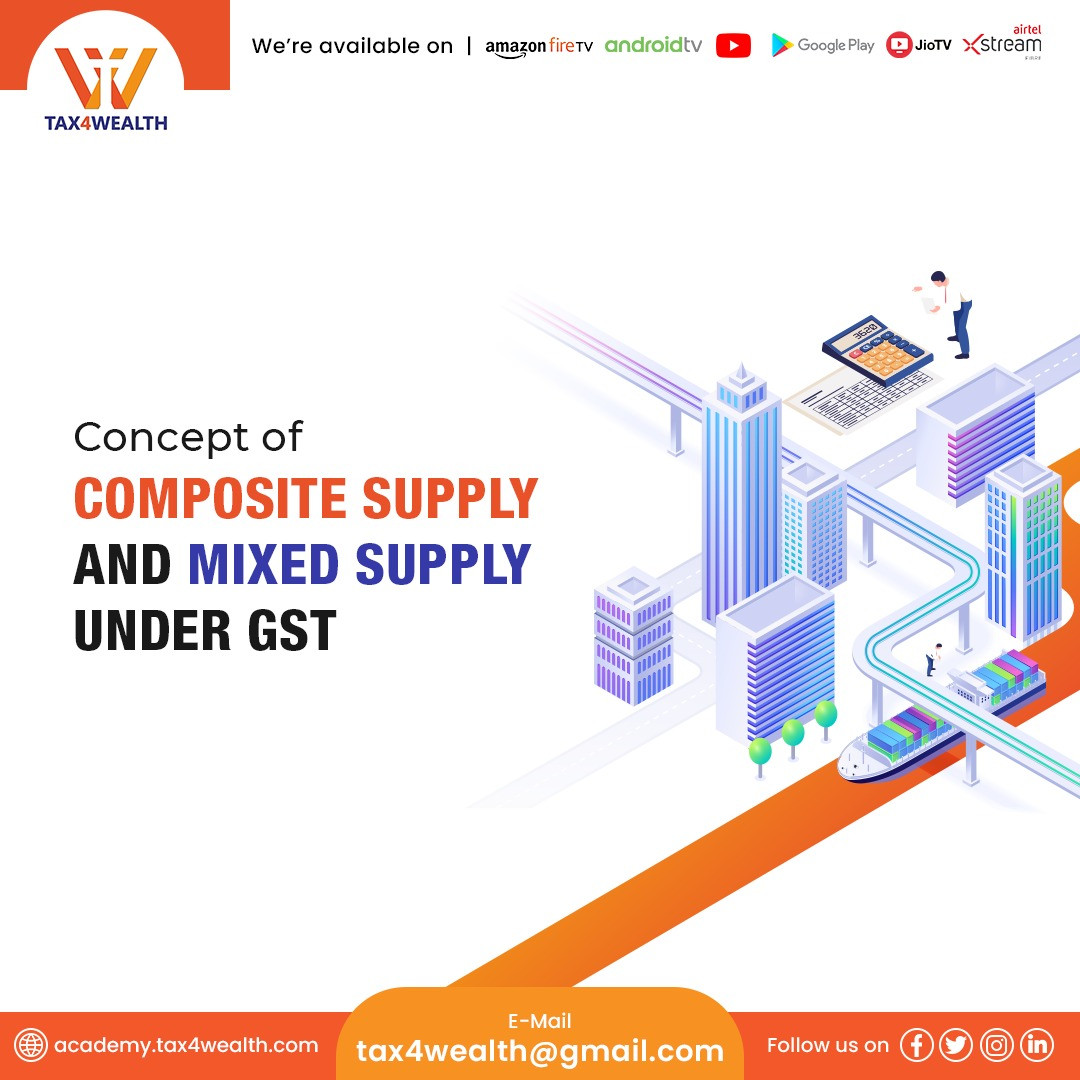
Finance Bill 2023 Full Description of Latest GST Changes
The Finance Bill, 2023, as introduced in Parliament on February 1, 2023, suggested several modifications to CGST/IGST rules under clauses 128 to 144 of the Finance Bill, 2023.
Following is a description of the proposed changes:
E-commerce Composition Scheme:
1. The Finance Bill of 2023 proposes to change sections 10(2)(d) and 10(2A)(c) of the CGST Act of 2023.
2. The purpose of this modification is to eliminate all references to "goods" from these provisions.
3. These adjustments have been suggested to remove the constraint that registered people providing products through electronic commerce operators face in electing to pay tax under the Composition Levy.
4. Today, dealers who offer items via an E-commerce platform can also choose a GST composition plan.
Changes in the terms of the Input Tax Credit:
• Section 16 of the CGST Act, 2017 addresses the eligibility and criteria for claiming the input tax credit.
• The Finance Bill of 2023 suggested modifications to Section 16 provisos (2) and (3). (2).
• As a result, the following requirements for post-amendment input tax credit will apply:
- Where a recipient fails to pay the supplier of goods or services or both the amount towards the value of supply and tax payable thereon within a period of one hundred and eighty days from the date of issue of the supplier's invoice, the recipient is responsible for paying the recipient's input tax credit as well as interest payable under Section 50 in the manner that may be prescribed.
- The recipient is entitled to an input tax credit on payments made to the provider of the amount towards the value of the provision of goods or services, or both, along with the tax payable thereon.
- The mentioned adjustments bring these regulations in line with the return filing system.
ITC limitation in the case of exempt suppliers:
- Section 17 of the CGST Act of 2017 imposes specific limits on the use of input tax credits (ITC).
- Section 17(3) limits ITC on the value of excluding supplies, which currently does not cover the value of activities or transactions as defined in Schedule III of the Act, except the sale of land and sale of buildings.
- Clause 130 of the Finance Bill, 2023 provides an additional exemption, namely the value of such activities or transactions as may be regulated about the delivery of warehoused products to any person before approval for home consumption.
- ITC on such transactions will now be prohibited if the transaction is treated as an exempt supply.
No ITC on CSR Spends:
- Section 17(5) of the CGST Act, 2017 is proposed to be amended in the Finance Bill, 2023, to limit input tax credit for Corporate Social Responsibility (CSR) expenditure.
- Businesses have CSR duties under Section 135 of the Companies Act, 2013.
- The amendment states that input tax credit is not eligible for products or services, or both, obtained by a taxable person and used or intended to be utilized for activities related to corporate social responsibility responsibilities under Section 135 of the Companies Act, 2013.
- It appears that the proposed revision is the result of contradictory judgments issued by the Authority for Advance Ruling.
Registration under GST is not required:
- Section 23 of the CGST Act, 2017 allows for people who are not required to register for GST and authorizes the government to notify exemptions in this respect.
- Section 22 addresses those who must register, whereas Section 24 mandates registration in certain circumstances.
- Section 22 of the Finance Bill, 2023, has been proposed to be amended to provide that section 23 has precedence over sections 22(1) and 24.
- Any overriding impact shall take effect with retroactive effect on July 1, 2017.
New GST Return Deadlines:
- The time restriction for a registered person to provide GSTR-1/GSTR-3B/Annual return (GSTR 9)/GSTR-8 for a tax period is three years from the due date. Furthermore, it intends to create an enabling provision for a registered person or a class of registered people to extend the aforementioned time limit, subject to specified criteria and limits.
- In the future, taxpayers would be barred from furnishing or filing the aforementioned GST returns after three years from the due date of filing such respective returns, i.e.,
- GSTR 1 according to Section 37 (5)
- GSTR 3B by Section 39 (11)
- GSTR 9 (section 44) (2)
- GSTR 8 by Section 52 (15)
Refund of tax under CGST Section 56:
- Section 56(6) of the CGST Act, 2017 has been amended in the Finance Bill, 2023.
- It is recommended to eliminate the reference to the provisionally accepted input tax credit in sub-section (6) to reconcile it with the current method of availing of the self-assessed input tax credit as per section 41(1) of the CGST Act, 2017.
- Section 41 states that every registered person is entitled to claim the credit of qualifying input tax, as self-assessed, in his return, subject to the requirements and limits provided and that such amount is credited to his electronic credit ledger.
Interest Calculation on Delayed Refund:
- Section 56 of the CGST Act, 2017 allows for interest on delayed refunds if a refund is not made within 60 days of receiving an application for a refund under section 54(1) of the Act.
- Section 56 of the Finance Bill, 2023, Clause 137, has been amended to give enabling provisions to specify the method of calculating the delayed time for the calculation of interest on delayed refunds.
- Upon legislation, the mode of computation shall be established by rules/notifications.
Penalties for E-commerce Businesses:
- Section 122 of the CGST Act of 2017 would be amended to include sub-section (1B), according to the Finance Bill, 2023.
- It stipulates that if regulations about the supply of commodities manufactured through them by unregistered individuals or composition taxpayers are violated, punitive measures will apply to electronic commerce operators.
- Any operator of an electronic commerce site will be subject to a penalty of Rs. 10,000 or, if higher, the amount of tax that would have been due had the supply been made by a registered person other than one exempt from section 10 in the following circumstances:
- permits the supply of products or services or both through it by a non-person who is not registered.
- by a notice made according to this Act to make such supply, exempt from registration;
- permits a person who is not authorized to make such an interstate supply to supply products, services, or both via it; or
- eliminates to include the proper information in the statement required by section 52, subsection (4), on any external supply of goods made via it by a person who is exempt from obtaining registration under the Act.
Prosecution Law Modifications and Decriminalization Under GST:
The following changes have been suggested in the Finance Bill of 2023:
- It is suggested to enhance the minimum fine for a GST prosecution from Rs. 1 crore to Rs. 2 crores, except for the crime of issuing invoices without making a supply of goods, services, or both.
- The following suggestions are made to narrow the range of compounding amounts:
- Minimums ranging from 50% to 25%
- A maximum range of 150 to 100 percent
- The following offenses are being advocated for decriminalization:
- Interfering with or stopping any police from doing their responsibilities.
- Altering or erasing tangible proof or documentation
- Failing to provide information that is legally necessary or providing misleading information
The updated definition of "Non-taxable Online Recipient":
- The definition of a Non-taxable Online Recipient has been changed in section 2(16) of the IGST Act, 2017 by the Budget Bill, 2023.
- So, any unregistered individual receiving online information and database access or retrieval services who is situated in the taxable territory is considered a "non-taxable online recipient."
- In this, a person who has registered exclusively by Section 24(vi) of the Central Goods and Services Tax Act, 2017, qualifies as an "unregistered person."
- As a result, the requirement that online information and database access or retrieval services (OIDAR) be used for purposes other than commerce, industry, or any other business or profession to ensure that OIDAR services provided by any person located in non-taxable territory to a person receiving the said services who is located in a taxable territory are taxable has been eliminated.
The aforementioned changes shall take effect upon notification and the passage of the Budget Act, 2023.
Related News
No comments yet, Be the first to comment.













